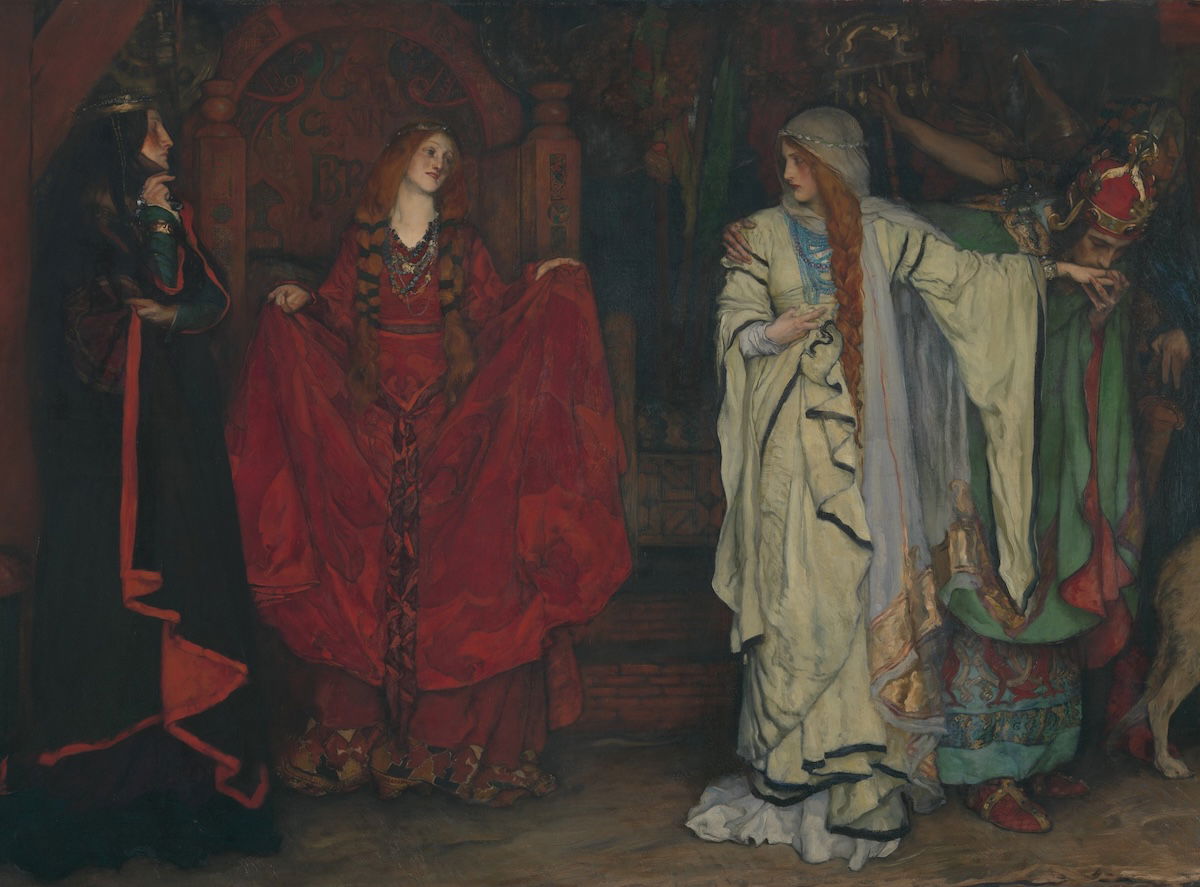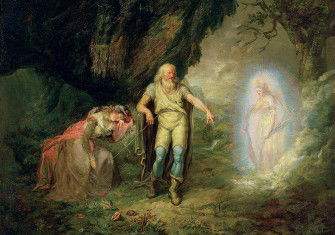King Lear’s Great Stage of Fools
Is King Lear the Shakespearean tragedy for a world of capitalism and catastrophe?

First aired in 2018, the HBO TV series Succession tells the story of Logan Roy, CEO of Waystar Royco, a vast media conglomerate. It begins with the ailing Roy, played by Brian Cox, reneging on his retirement and succession plans, leaving his children to fight for control of the company. Succession wears its Shakespearean influences on its sleeve. Cox, a celebrated Shakespearean actor, has compared Roy to the Roman heroes Titus Andronicus and Julius Caesar. Characters quote Shakespeare, while the youngest Roy, Roman, makes a clumsy allusion to Hamlet, a play he has clearly not seen: ‘I land the deal, I kill Kendall, I am crowned king. Just like in Hamlet … if that happens in Hamlet.’







